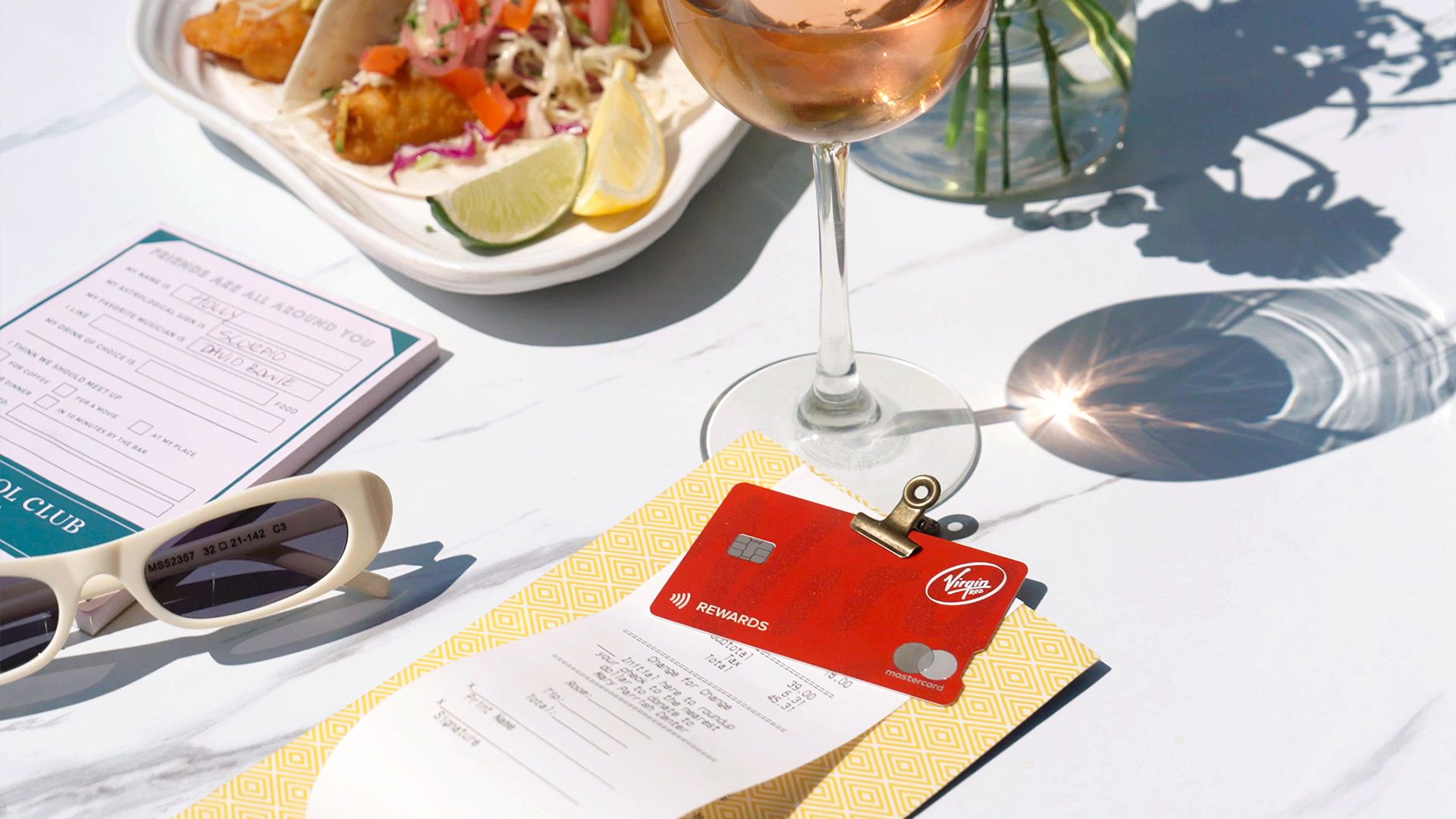Airlines have long used loyalty programs, allowing passengers to earn and accumulate miles or points for each mile flown. These miles can be redeemed for future flights. Frequent fliers take pride in their airline and enjoy racking up their points. However, in recent years, points and miles have started to devalue.
Most airlines now require the equivalent amount of points as the ticket prices instead of flight distance when passengers redeem trips using earned miles. As ticket prices rise, the miles needed to redeem a trip are significantly higher. Additionally, airlines can increase the miles required for award bookings with little to no notice.
The US DOT airline inquiry
In September, the US Department of Transportation (DOT) launched an airline inquiry into the four largest US airline loyalty programs. Its goal is to protect frequent fliers from the devaluation of earned rewards, hidden pricing, and reduced competition and choice.
“Points systems like frequent flier miles and credit card rewards have become such a meaningful part of our economy that many Americans view their rewards points balances as part of their savings,” said US Transportation Secretary Pete Buttigieg. “These programs bring real value to consumers, with families often counting on airline rewards to fund a vacation or to pay for a trip to visit loved ones. But unlike a traditional savings account, these rewards are controlled by a company that can unilaterally change their value. Our goal is to ensure consumers are getting the value that was promised to them, which means validating that these programs are transparent and fair.”
Secretary Buttigieg sent letters to American Airlines, Delta Air Lines, Southwest Airlines, and United Airlines, ordering them to provide reports regarding their rewards programs, practices, and policies by December 4th.
Why are airline miles and points devalued
Airlines track how many points or miles passengers can redeem and count these as possible costs on their financial records. Frequent fliers could use their points all at once, reducing the company’s profits temporarily.
Although many of these points are never used, they amount to hundreds of billions of dollars, and airlines must prepare for them as a potential expense. They manage this risk by making miles and points worth less and asking for more points for reward tickets.
Preventing your miles and points from losing value
Plan your next trip and use miles as you earn them
Save money and book trips with the miles you earn. Frequent fliers holding large points are more likely to experience devaluation.
Southwest shared, “Each point is worth roughly 1.3 cents – that may change in the future.”
For example, if a Southwest Rapid Rewards member has 10,000 points worth about $130, a 10% devaluation would not be a great loss. However, a devaluation could be significant if the frequent flier has 100,000 Rapid Reward Points worth $1,300.
Airlines often change their policies and rewards programs by using miles, which passengers can use to ensure they get the most value out of their earned miles before devaluation occurs.
Photo: Southwest
Use credit cards with transferable points
Find a credit card loyalty program that offers transferrable rewards to airlines, such as American Express Membership Rewards, Chase Ultimate Rewards, and Capital One Miles. Earning transferrable rewards protects frequent fliers from potential devaluation. Many credit card loyalty programs allow members to redeem their points on flights, hotels, gift cards and certificates, favorite shops, and more.

Related
What Benefits Should Airline Credit Cards Really Be Providing?
US Carrier JetBlue revealed today that it is opening branded lounges in New York and Boston that will be reserved primarily for its most loyal customers and premium credit card members. The airline currently offers a free and $99 annual fee card for consumers and a business one.
The airline confirmed that it is working on expanding its portfolio of JetBlue credit cards, with a new premium card to be launched “soon.” The only confirmed benefit so far is complimentary lounge access and a complimentary pass for an accompanying guest.
Recent cobranded cards from the likes of Qatar Airways and avianca offer immediate Elite Status in their respective alliances as a bonus perk to differentiate from the competition. Meanwhile, the new Virgin Red Mastercard, which launched today, offers redemption opportunities and perks at other Virgin Group brands, including hotels and cruises.
As JetBlue and other airlines look to develop new cards, what benefits should they consider including? Especiall
Final thoughts
Passengers have long earned miles or points for flights, redeemable for future travel. However, the value of these miles and points has recently declined. Airlines require more points equivalent to ticket prices for redemption, leading to higher point requirements for reward tickets.
Airlines manage the financial risk of redeemable points by devaluing them.Frequent fliers should use their miles before they lose value and consider credit cards offering transferable rewards to avoid potential devaluation.
The US DOT initiated an inquiry into major US airline loyalty programs, addressing concerns over reward devaluation, lack of transparency, and reduced competition. US Transportation Secretary Pete Buttigieg emphasized the need for these programs to be fair and transparent, as they hold significant value for consumers. The four major airlines will report by the end of the year.


